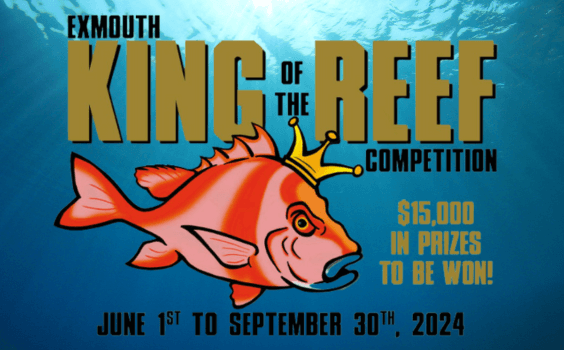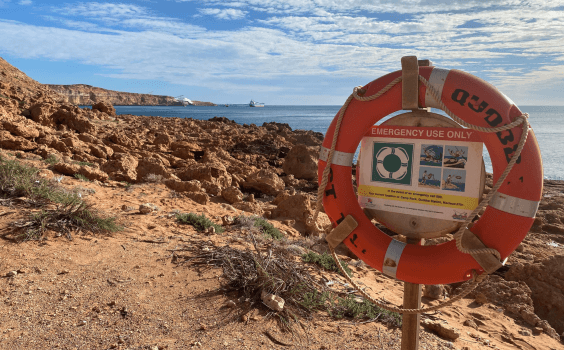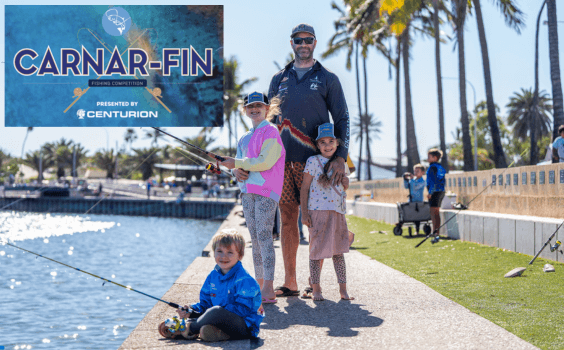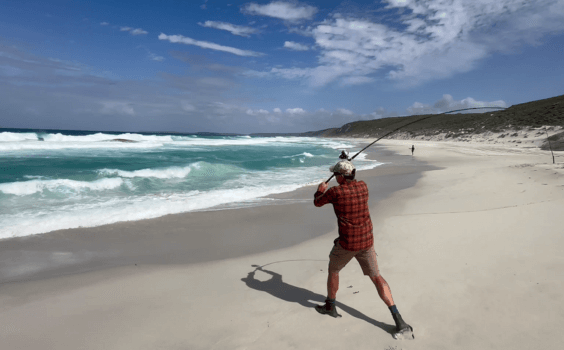Recfishwest remains vigilant in ensuring recfishers are consulted with and have their say on plans to develop, construct and operate large-scale offshore wind energy (OWE) projects in WA, both in state and commonwealth waters.
There are currently several OWE project proposals in the pipeline off our WA coast, with our South-West, Metro and Mid-West regions the likely locations. The wind turbines that would make up these projects could potentially become a defacto new network of artificial reefs – with similar structures in other parts of the world effectively creating new fish habitats and fishing opportunities.
For this to happen, recfishers would need to be allowed access to the structures – but with no overarching regulatory framework in place for OWEs, there are concerns exclusion zones might be implemented around the structures, preventing fishing access.
One of the proposed WA projects – The Leeuwin Offshore Windfarm – would have up to 200 wind turbines operating 24 hours per day, 365 days per year, for up to 50 years. The proposed windfarm would be situated around 15km off the coast between Preston Beach and Binningup.
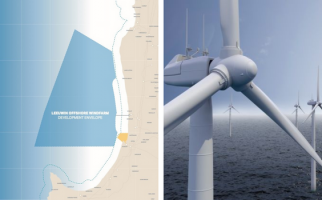
Recfishwest acknowledges and supports the need for renewable energy production. In pursuit of The Western Australian Government’s aspirations for net zero emissions by 2050, offshore wind energy (OWE) is becoming an attractive proposition.
Our south-west coastline boasts high wind speeds, favourable water depths, low risk of cyclones and good access to existing port infrastructure – all positive attributes for WA’s growing demand for green energy.
Winds at sea reach a higher speed and are more constant than wind on land because there are no barriers. To harness this energy, the wind turbines are seated on giant towers installed on the seabed in depths of up to 60 metres or on floating structures anchored to the bottom in deeper waters.
While it has been proven overseas that recreational fishing can be largely compatible with offshore wind energy projects, it must be a recognised factor and key value when planning, designing, constructing and operating any offshore wind farm projects off the WA coastline.
Recfishwest will only support OWE projects that improve recreational fishing experiences with no net loss of amenity. As a matter of priority, the decision-makers behind these OWE projects must provide clarity around maintaining fishing access and ensure recreational fishers are consulted in the planning and construction processes.
From a fishing perspective, OWE projects can act as artificial reefs, potentially enhancing marine abundance in the area through the provision of increased habitat and structure availability.
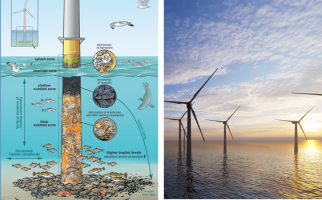
However, these projects also have the potential to adversely impact environmental and social values through habitat damage and implementation of exclusion zones, along with displacement and concentrations of commercial fishing efforts.
West Aussie recfishers deserve to be able to fish these structures, without the construction potentially having negative impacts on the fishing spots they already cherish.
“It is crucially important that any OWE projects should avoid important habitats such as spawning areas and nursery areas, as well as popular fishing locations,” said Recfishwest Operations Lead Matt Gillett.
“While the possibility of having potentially hundreds of turbine structures in our waters acting as artificial reefs sounds great to keen fishers, this benefit is pointless if we don’t have close accessibility to fish them. We’ve seen this respect given to recfishers overseas and this is what we want locked in if these projects are to proceed.”
Before development and planning is confirmed, Recfishwest will consult frequently with recreational and professional fishing groups to ensure boating and fishing activities are not negatively impacted.
To find out more about Recfishwest’s stance on OWE, please click here


